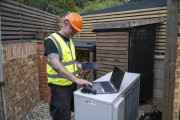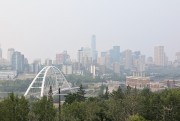
Raidin Blue is a senior analyst with the Pembina Institute's buildings program. His work focuses on developing the business case for deep retrofits and on surfacing barriers and supports to building decarbonization and electrification.
He started as an analyst with the Institute after an internship where he worked on a wide range of projects including small modular nuclear reactors, climate governance, offshore renewable energy, and electric school buses.
Raidin began his career in the physical sciences. He earned a Bachelor of Science in Environmental Biology and a Certificate in Sustainability from the University of Saskatchewan, where he also worked in ecotoxicology, soil science, and entomology laboratories. Raidin studied climate and energy policy at York University through the Master of Environmental Studies program. As well, he worked on several climate and energy policy research projects through York University's Sustainable Energy Initiative.
Raidin lives in Toronto.
Contact Raidin Blue
Raidin Blue's Research & Analysis
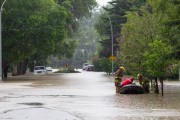
How governments and insurers can help lower soaring home insurance costs
Resilient retrofits can make homes more affordable — but only if we recognize their true value

Champions bring success
The transformation of Tennyson Apartments proves that deep retrofits are good business in Alberta
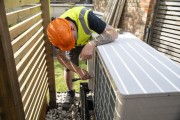
Meeting this moment means getting retrofits right
Let’s seize this generational opportunity to design retrofit initiatives to support homeowners and contractors

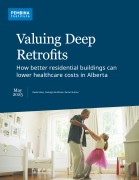
Valuing Deep Retrofits
How better residential buildings can lower healthcare costs in Alberta


